10 States Most Unprepared for This Deep Recession
Most state budgets are in better shape now than they were before the last recession, thanks to steady growth in employment and the resulting rise in tax revenue.

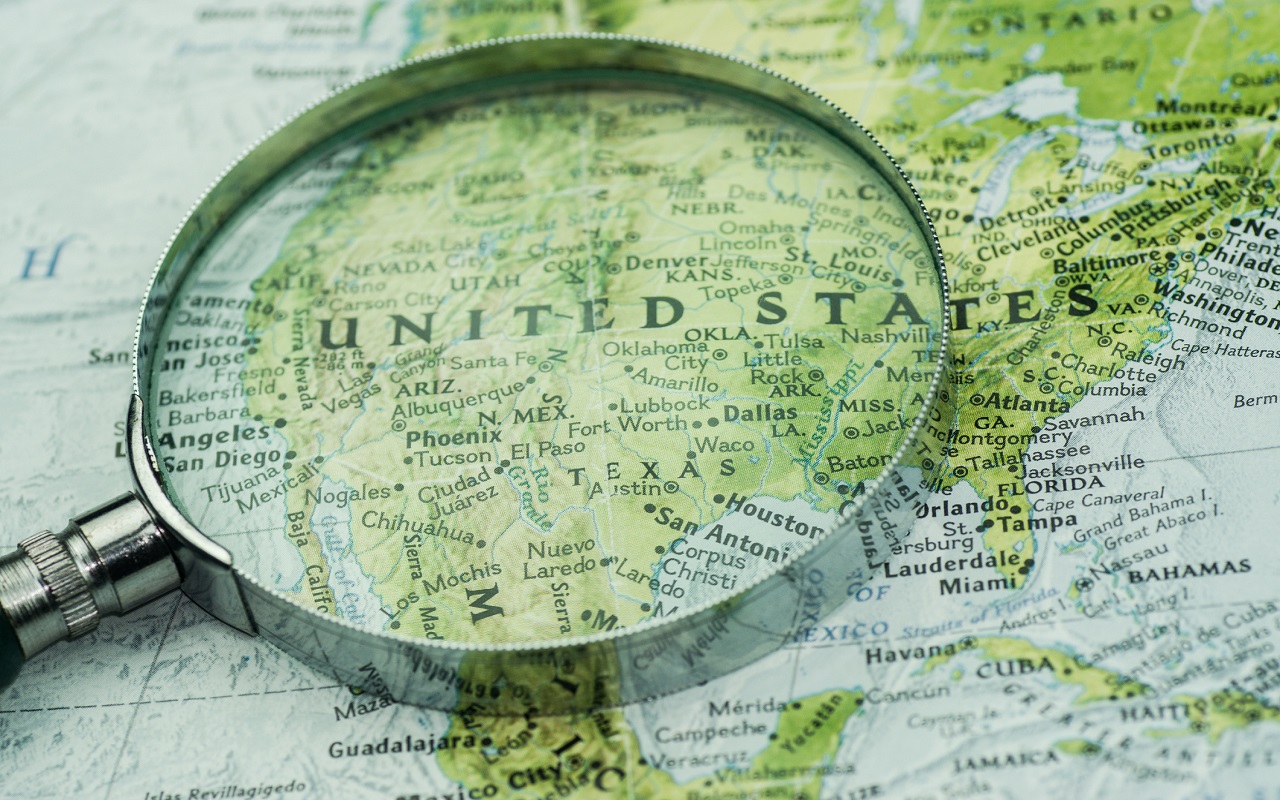
Profit and prosper with the best of Kiplinger's advice on investing, taxes, retirement, personal finance and much more. Delivered daily. Enter your email in the box and click Sign Me Up.
You are now subscribed
Your newsletter sign-up was successful
Want to add more newsletters?

Delivered daily
Kiplinger Today
Profit and prosper with the best of Kiplinger's advice on investing, taxes, retirement, personal finance and much more delivered daily. Smart money moves start here.

Sent five days a week
Kiplinger A Step Ahead
Get practical help to make better financial decisions in your everyday life, from spending to savings on top deals.

Delivered daily
Kiplinger Closing Bell
Get today's biggest financial and investing headlines delivered to your inbox every day the U.S. stock market is open.

Sent twice a week
Kiplinger Adviser Intel
Financial pros across the country share best practices and fresh tactics to preserve and grow your wealth.

Delivered weekly
Kiplinger Tax Tips
Trim your federal and state tax bills with practical tax-planning and tax-cutting strategies.

Sent twice a week
Kiplinger Retirement Tips
Your twice-a-week guide to planning and enjoying a financially secure and richly rewarding retirement

Sent bimonthly.
Kiplinger Adviser Angle
Insights for advisers, wealth managers and other financial professionals.

Sent twice a week
Kiplinger Investing Weekly
Your twice-a-week roundup of promising stocks, funds, companies and industries you should consider, ones you should avoid, and why.

Sent weekly for six weeks
Kiplinger Invest for Retirement
Your step-by-step six-part series on how to invest for retirement, from devising a successful strategy to exactly which investments to choose.
Most state budgets are in better shape now than they were before the last recession, thanks to steady growth in employment and the resulting rise in tax revenue. Many states had been socking away cash in rainy-day funds, and about half of all states had enough on hand to tide them over in a typical downturn, such as the 2001 tech bust.
But this is no typical downturn: Indeed, a brutal recession is already upon us, and many states will struggle. The most vulnerable states have little savings, or they stand to see revenues fall steeply because they depend heavily on either income taxes or levies on energy production to fund their budgets.
These 10 states will have to either raise taxes or cut spending by more than 4% -- maybe much more. Is your state on the list? Take a look.
Reserve, revenue and budget data are from the National Association of State Budget Officers. Recession impact on state revenues calculated by Moody’s Analytics.
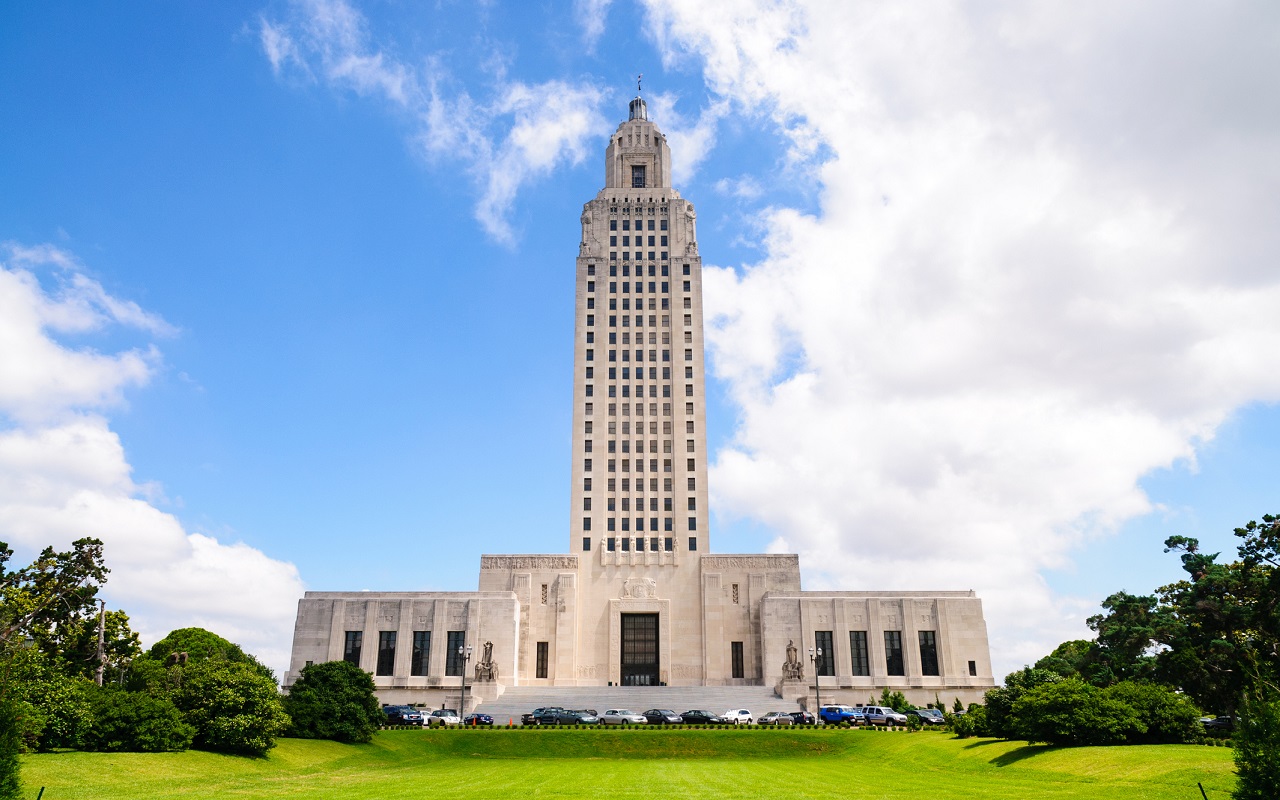
Louisiana
The Bayou State depends heavily on oil and gas revenues. With oil prices well below $30 a barrel, it will be hit harder than most states as this recession in particular causes energy prices to fall due to lower demand.
The state’s reserves are only 4% of the state’s general fund, well short of the nearly 26% cushion that’s needed for this deep recession.
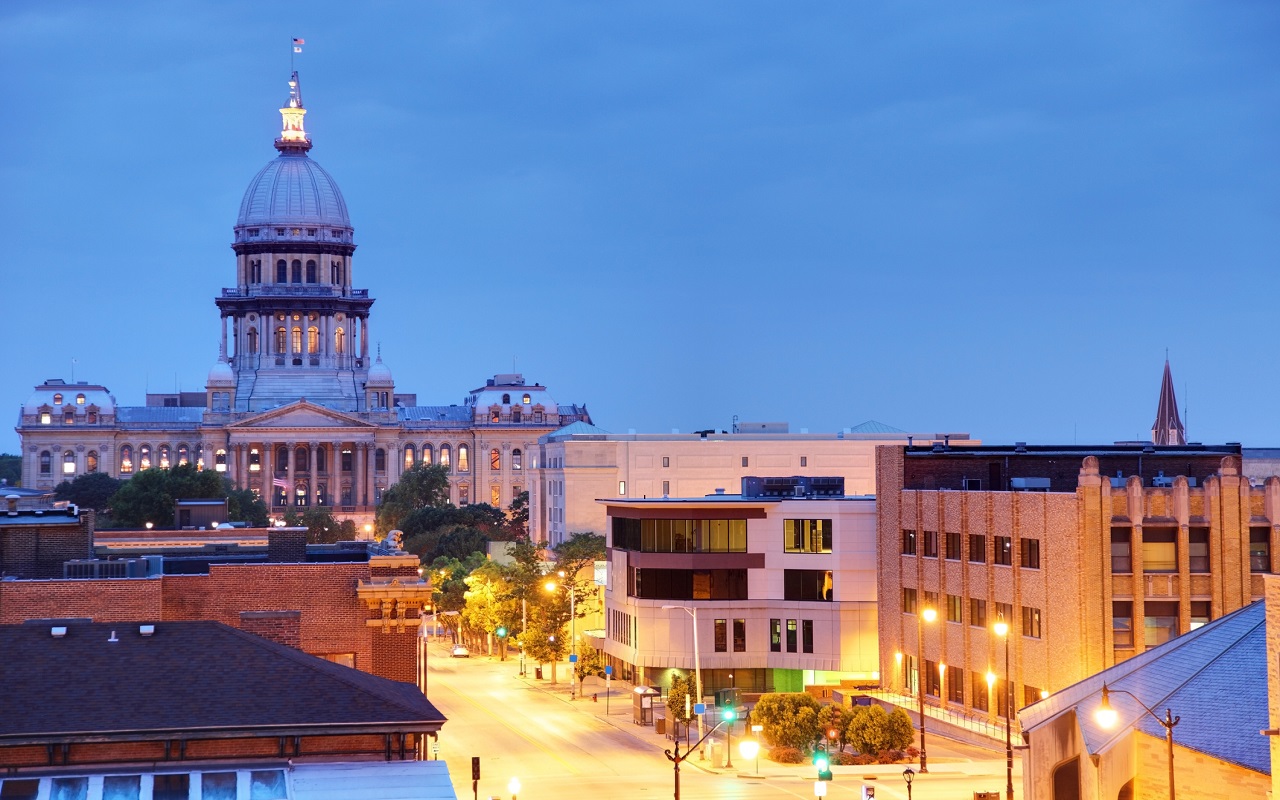
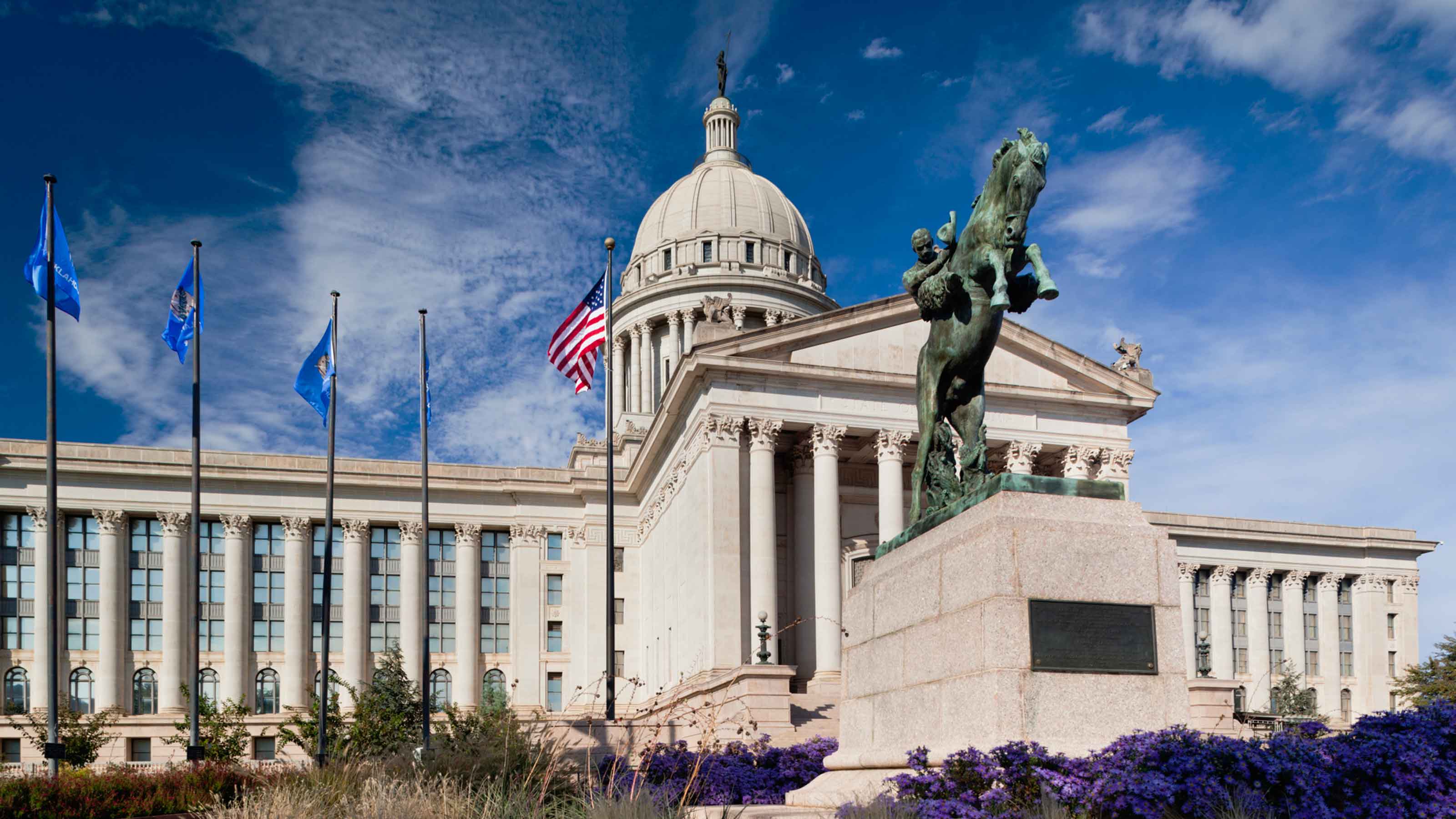
Oklahoma
The Sooner State also depends heavily on oil and gas revenues, with mining accounting for nearly a quarter of the state's economy. Yet, because of the oil price bust, only 26 drilling rigs are still operating in the state, down from more than 100 less than a year ago. States with economies that are heavily dependent on commodities need to have hefty fiscal reserves to carry them through boom-bust cycles, but Oklahoma's are not enough.
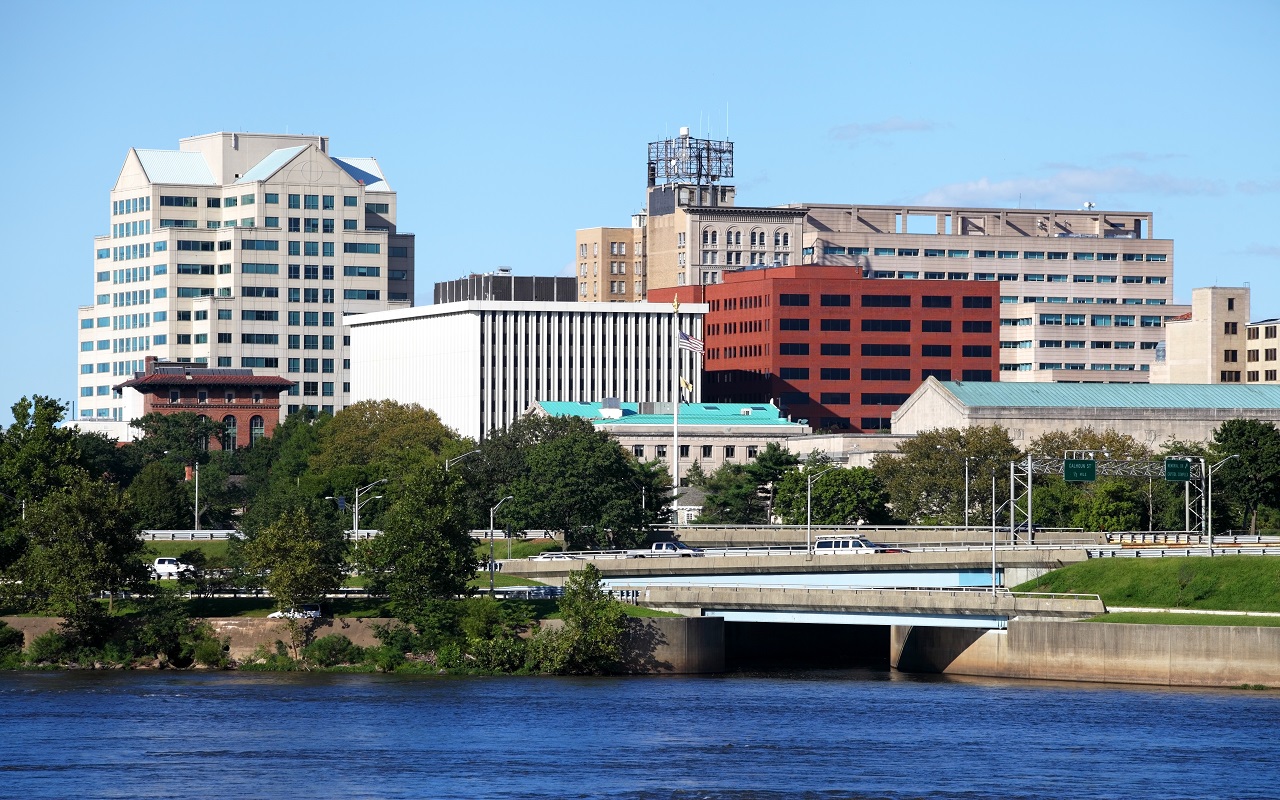
New Jersey
In the Garden State, reserves are only 3% of the state’s general fund, and there are obstacles to increasing them: Public pensions are severely underfunded, and New Jersey pays the 4th-highest debt service ($4 billion per year), after California, New York and Illinois. The recession will add greatly to these burdens.
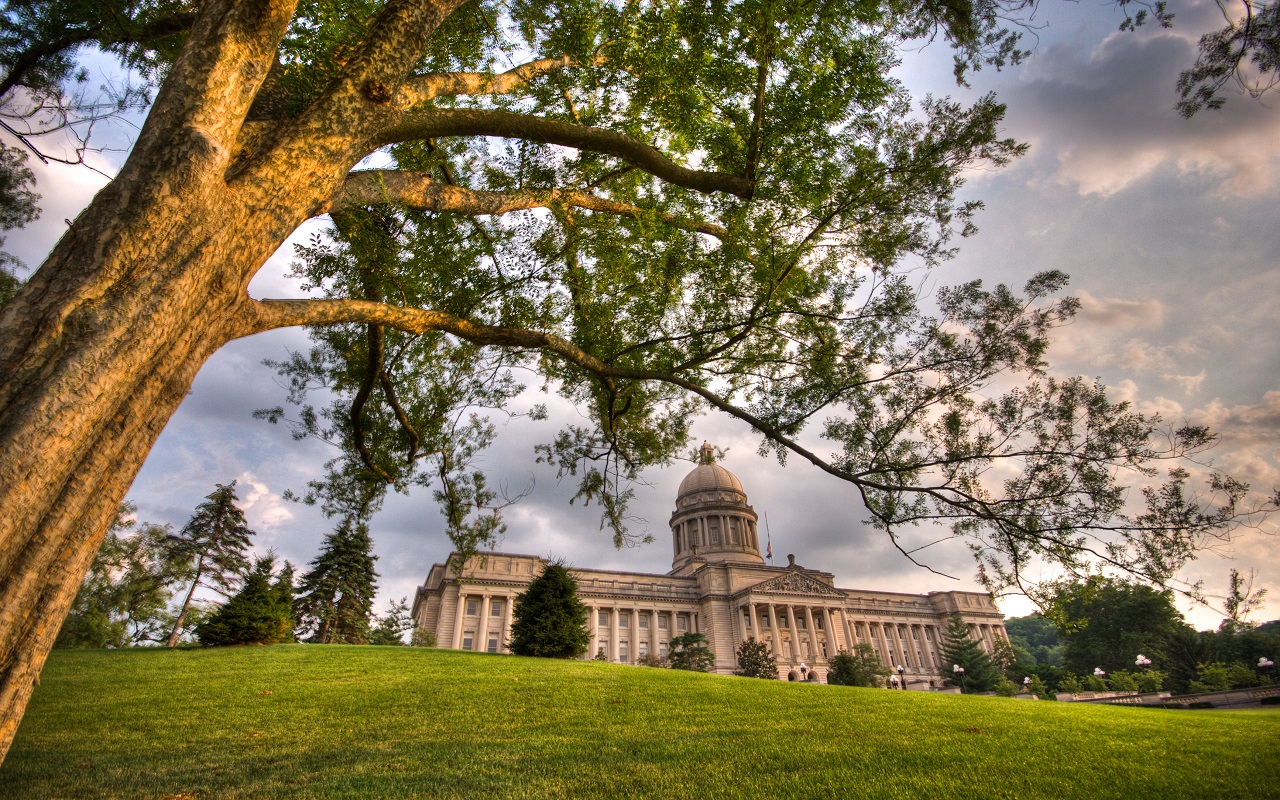
Kentucky
The Bluegrass State is vulnerable because its reserve balance is low -- just 3% of the state’s general fund. Kentucky’s state employees pension fund is only 16% funded, the lowest funding level of any large public pension in the country. The shortfalls were severe even before the recession.
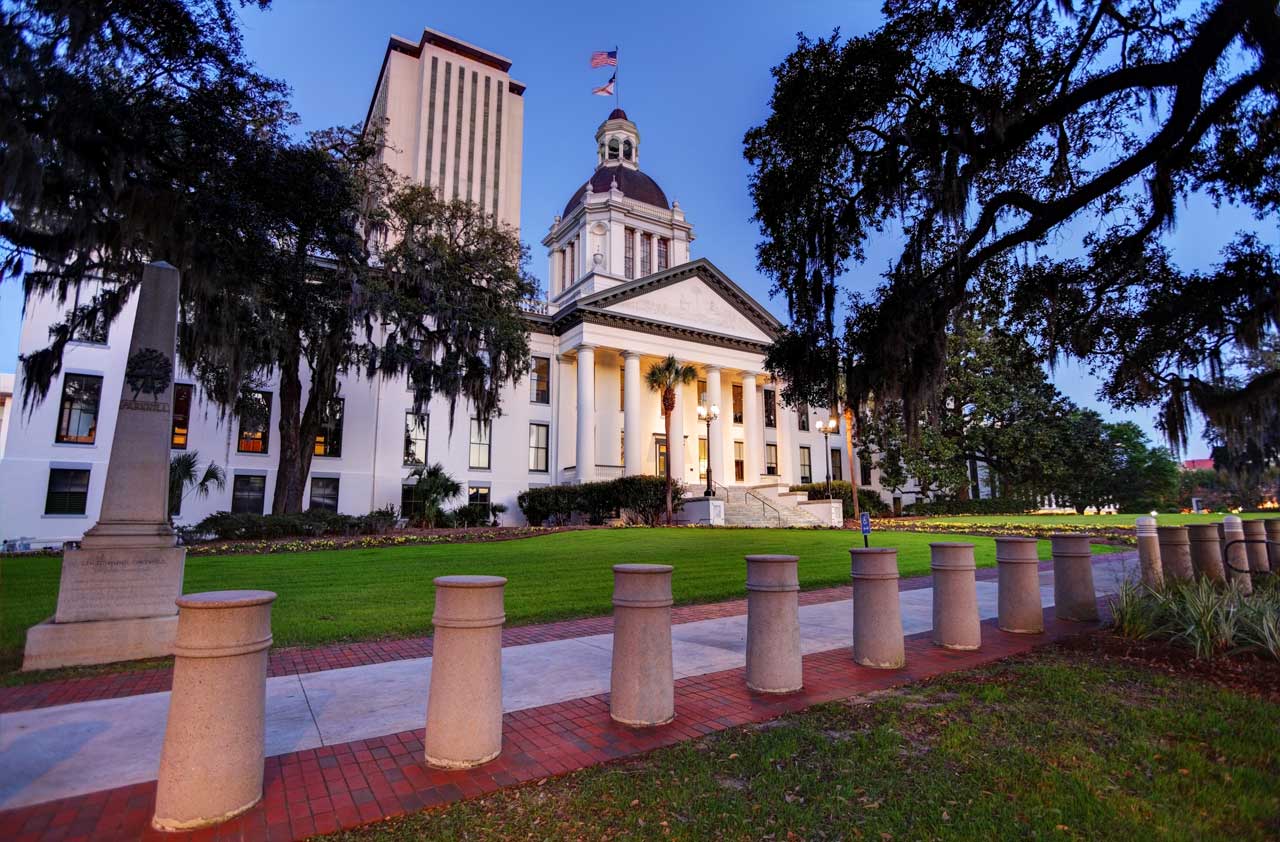
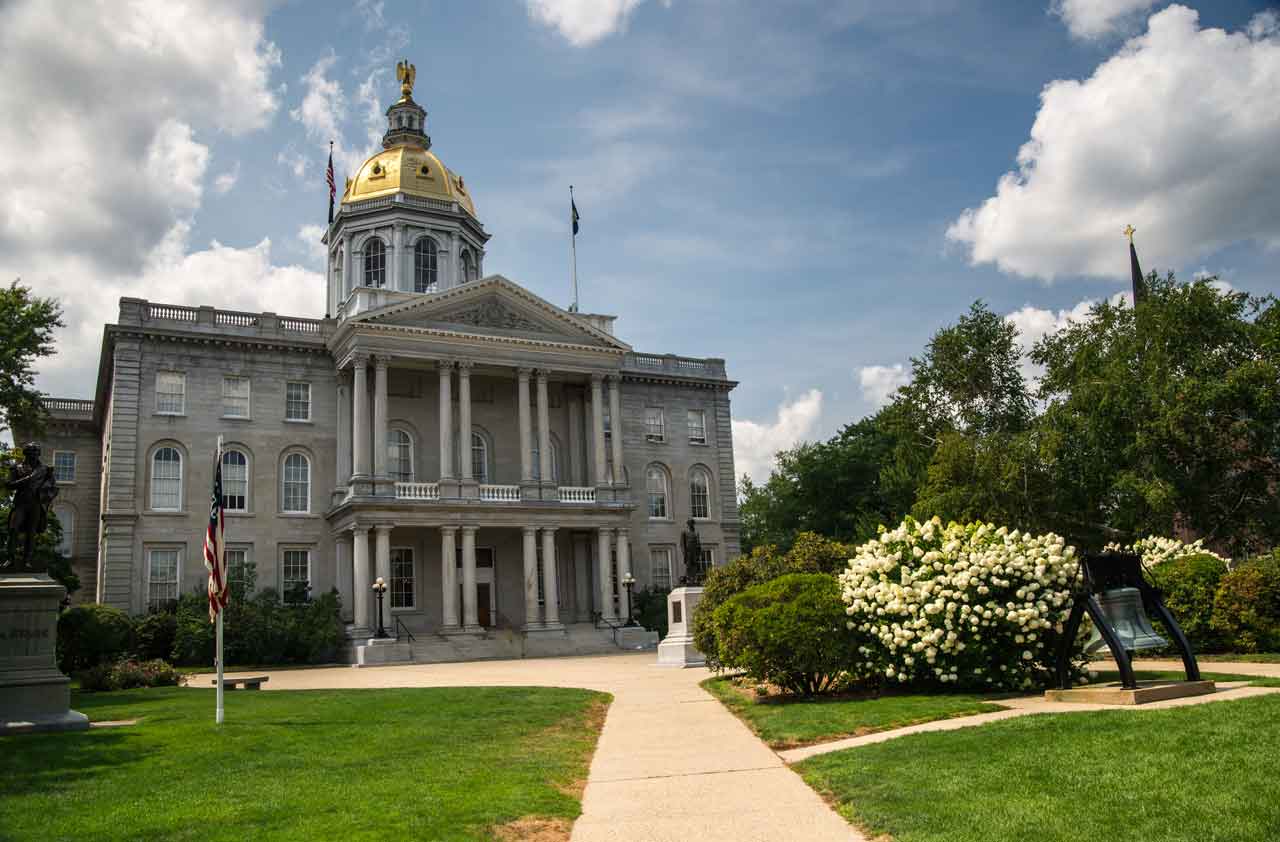
New Hampshire
The Granite State is proud that it has no income tax or general state sales tax. But that makes it hard to build reserves because the state has to cobble together revenue from multiple sources.
Corporate income tax accounts for a third of the state’s revenue; a quarter comes from taxes on restaurant meals, room and car rentals and telecom services; and 10% from the tobacco tax. Tax revenue from these sources will be hit hard in this recession.
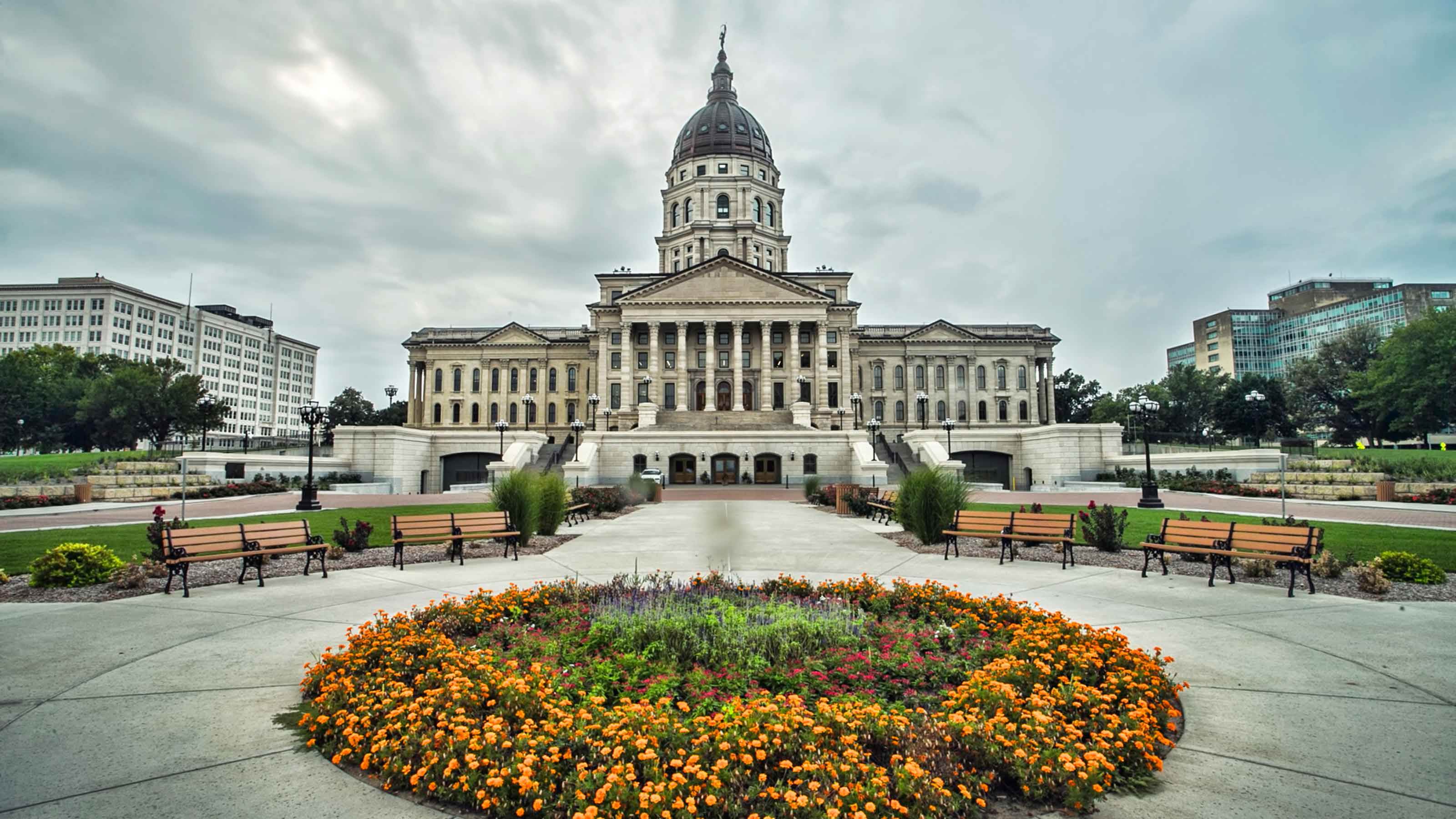
Kansas
- Go to Kansas’s Full State Tax Profile
- The Sunflower State will feel the recession hit a little harder than other states because 16% of its economy is dependent on manufacturing -- particularly, aviation, one of the industries hardest-hit by the coronavirus. Kansas has five large aircraft manufacturers. Spirit Aero Systems, headquartered in Wichita, makes fuselages for Boeing's 737 Max, which had been put on hold even before the virus hit.

Pennsylvania
Reserve balances are very modest at 1.5% of spending in the Keystone State, the lowest of any state. Public pensions are severely underfunded, which will make it tougher to allocate money to the state’s reserves. Making matters worse, Medicaid spending here is among the highest in the country, both on a per-person basis and as a percentage of total state government expenditures (36%). The recession will add greatly to these burdens.
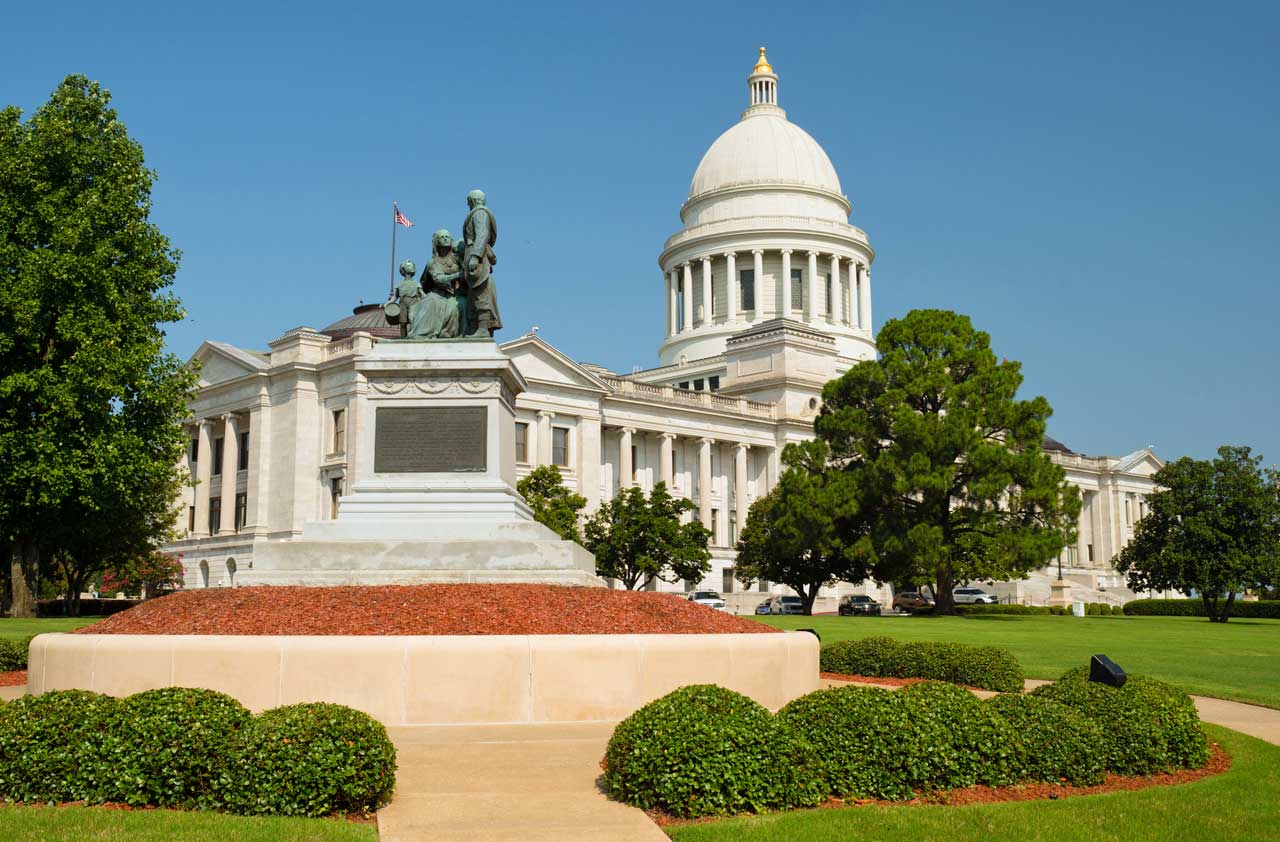
Profit and prosper with the best of Kiplinger's advice on investing, taxes, retirement, personal finance and much more. Delivered daily. Enter your email in the box and click Sign Me Up.

David is both staff economist and reporter for The Kiplinger Letter, overseeing Kiplinger forecasts for the U.S. and world economies. Previously, he was senior principal economist in the Center for Forecasting and Modeling at IHS/GlobalInsight, and an economist in the Chief Economist's Office of the U.S. Department of Commerce. David has co-written weekly reports on economic conditions since 1992, and has forecasted GDP and its components since 1995, beating the Blue Chip Indicators forecasts two-thirds of the time. David is a Certified Business Economist as recognized by the National Association for Business Economics. He has two master's degrees and is ABD in economics from the University of North Carolina at Chapel Hill.
-
 Ask the Tax Editor: Federal Income Tax Deductions
Ask the Tax Editor: Federal Income Tax DeductionsAsk the Editor In this week's Ask the Editor Q&A, Joy Taylor answers questions on federal income tax deductions
-
 States With No-Fault Car Insurance Laws (and How No-Fault Car Insurance Works)
States With No-Fault Car Insurance Laws (and How No-Fault Car Insurance Works)A breakdown of the confusing rules around no-fault car insurance in every state where it exists.
-
 7 Frugal Habits to Keep Even When You're Rich
7 Frugal Habits to Keep Even When You're RichSome frugal habits are worth it, no matter what tax bracket you're in.
-
 The U.S. Economy Will Gain Steam This Year
The U.S. Economy Will Gain Steam This YearThe Kiplinger Letter The Letter editors review the projected pace of the economy for 2026. Bigger tax refunds and resilient consumers will keep the economy humming in 2026.
-
 Trump Reshapes Foreign Policy
Trump Reshapes Foreign PolicyThe Kiplinger Letter The President starts the new year by putting allies and adversaries on notice.
-
 Congress Set for Busy Winter
Congress Set for Busy WinterThe Kiplinger Letter The Letter editors review the bills Congress will decide on this year. The government funding bill is paramount, but other issues vie for lawmakers’ attention.
-
 The Kiplinger Letter's 10 Forecasts for 2026
The Kiplinger Letter's 10 Forecasts for 2026The Kiplinger Letter Here are some of the biggest events and trends in economics, politics and tech that will shape the new year.
-
 States That Tax Social Security Benefits in 2026
States That Tax Social Security Benefits in 2026Retirement Tax Not all retirees who live in states that tax Social Security benefits have to pay state income taxes. Will your benefits be taxed?
-
 Special Report: The Future of American Politics
Special Report: The Future of American PoliticsThe Kiplinger Letter The Political Trends and Challenges that Will Define the Next Decade
-
 What to Expect from the Global Economy in 2026
What to Expect from the Global Economy in 2026The Kiplinger Letter Economic growth across the globe will be highly uneven, with some major economies accelerating while others hit the brakes.
-
 Shoppers Hit the Brakes on EV Purchases After Tax Credits Expire
Shoppers Hit the Brakes on EV Purchases After Tax Credits ExpireThe Letter Electric cars are here to stay, but they'll have to compete harder to get shoppers interested without the federal tax credit.
